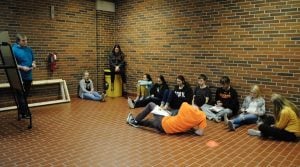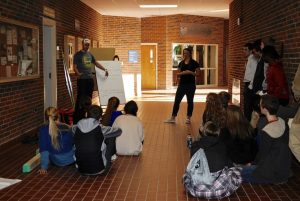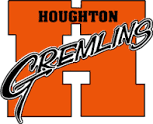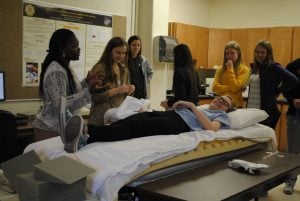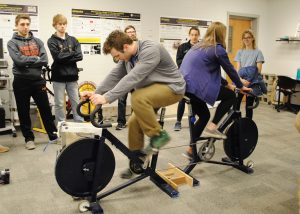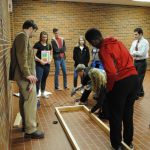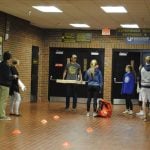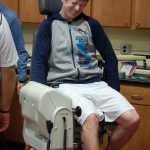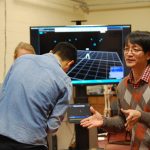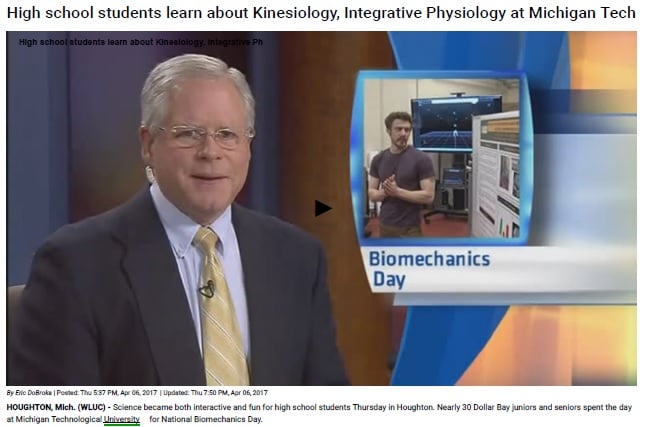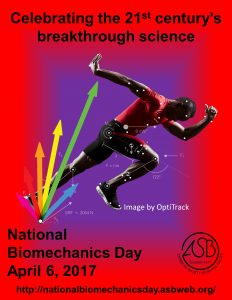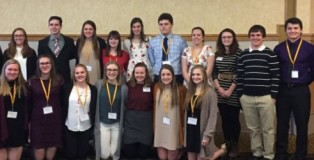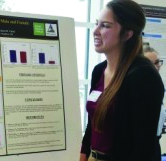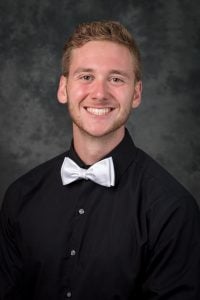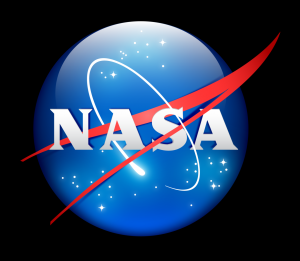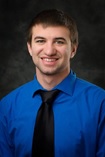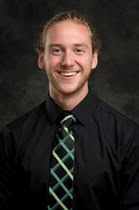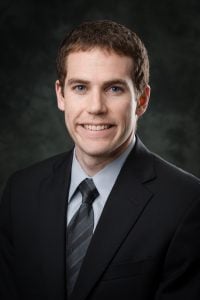
Congratulations to Assistant Professor Steve Elmer for his recognition from College of Sciences and Arts Dean, Bruce Seely, as the final member of the Spring 2017 Dean’s Teaching Showcase.
Elmer continues to strive for excellence in his teaching approach. Students studying and working with him experience hands-on learning and are encouraged to be involved in his research.
You’ll find his students everywhere on campus and around town. His students lead area visiting high school students through experiments, they can be seen buying parts at local hardware stores to make a model for his lab, predicting when a runner will break the two hour barrier for a marathon, or pushing each other to find their VO2 max.
The full story about Steve’s nomination by Dean Seely can be read on Tech Today.
